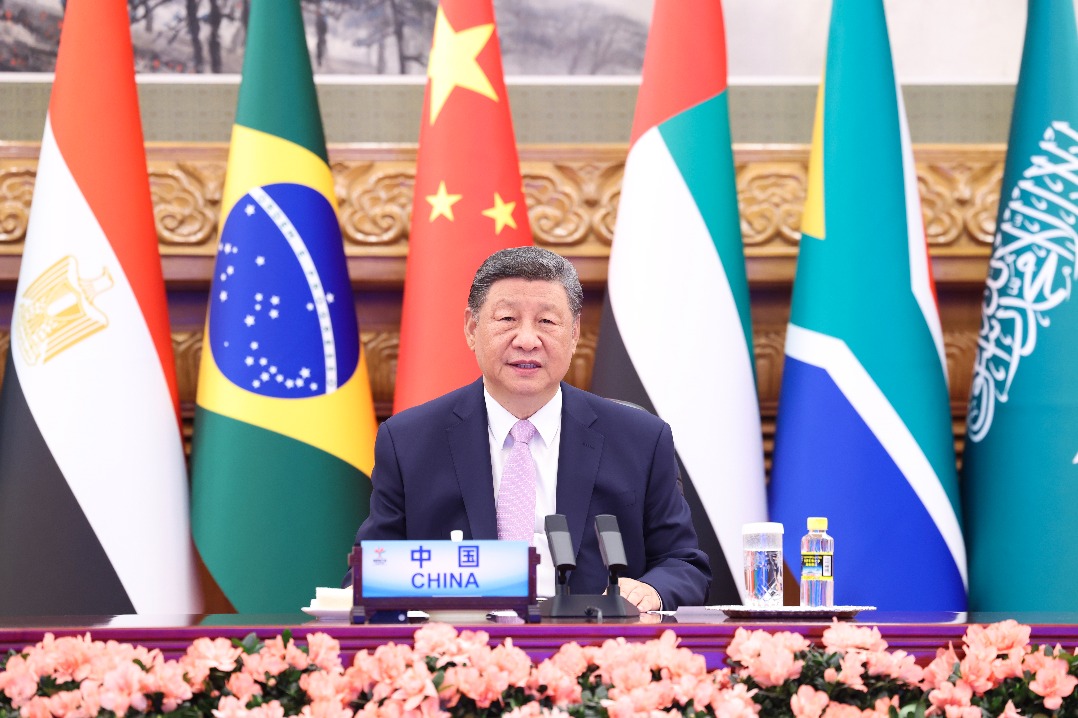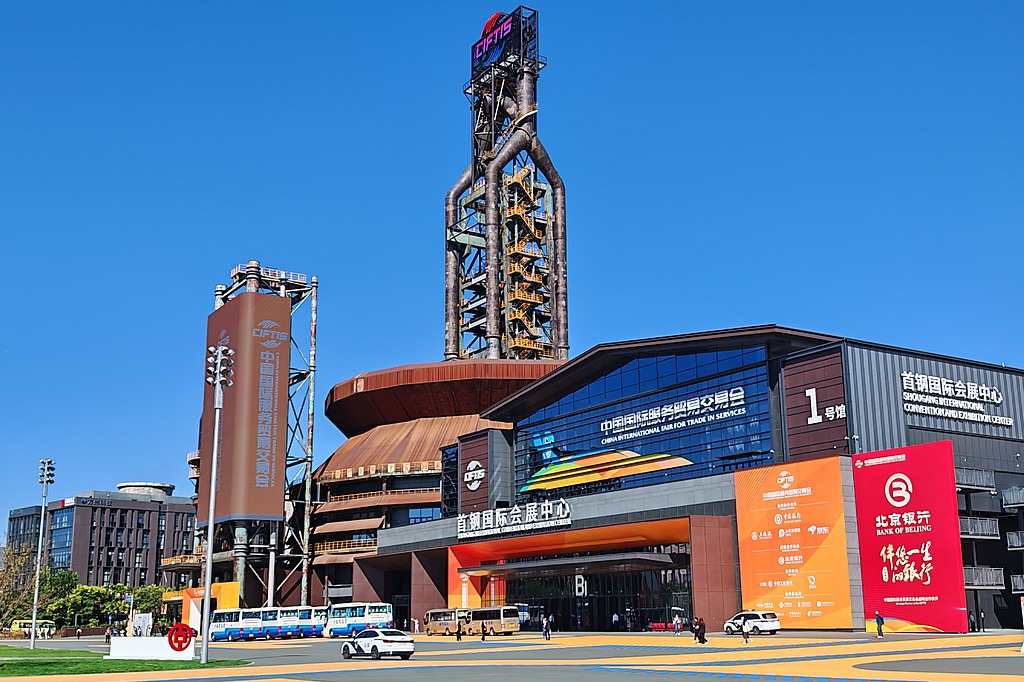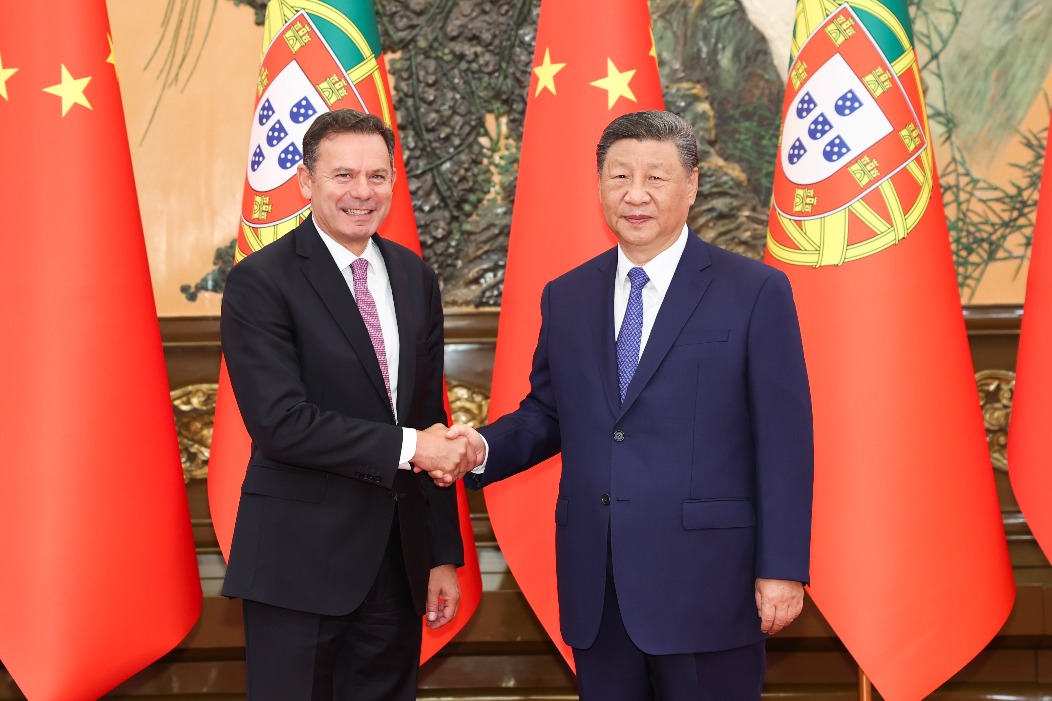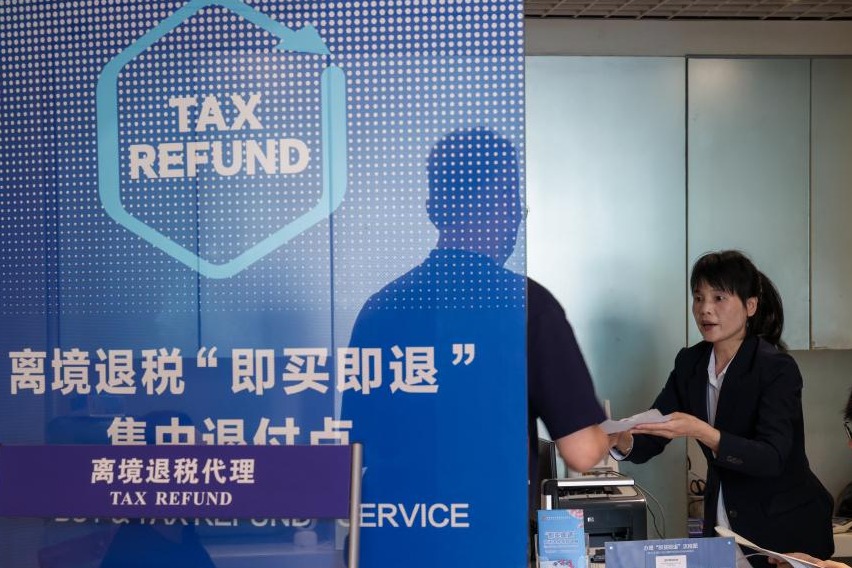Strong case for government intervention in economy

Chief Executive-designate Carrie Lam Cheng Yuet-ngor shocked the traditionalists earlier by putting forward her ambitious plan for tax reform to spur economic growth. The proposal was met with skepticism not only by free-market economists but also the business sector because it is long considered a taboo for the government to support particular industries through tax incentives or any other means.
Such a discipline is widely deemed essential in minimizing the risk of cronyism which is the bane of a free and equitable marketplace built on the rule of law and a level playing field for all. Hong Kong's low and simple tax regime has long been held as an integral part of the foundation of the city's success as an international financial center and a regional business hub.

But mounting competition posed by neighboring economies is putting into question even the most sacrosanct elements of Hong Kong's traditional economic policy. Some progressive-thinking politicians and economists are calling for a more proactive government intervention in setting the direction of economic development.
The debate is put into sharp focus by realization that Hong Kong is falling behind neighborhood rivals - particularly South Korea, Singapore and Shenzhen - in developing technology-based industries. In response, the government has established the Innovation and Technology Bureau with the needed resources and knowledge to promote and facilitate the development of creative industries.
The apparent success of some other regional economies in attracting foreign investors who have brought with them large pools of technology talents has given them a distinct advantage over Hong Kong in the race. They did so by offering foreign investors substantial tax and other incentives which Hong Kong cannot match.
Arguments in favor of tax reform as amplified by Lam are further augmented by proposed tax cuts in the United States. As reported, the White House is expected to table at Congress a tax plan that calls for, among other things, a massive reduction in corporate tax to 15 percent from about 35 percent.
President Donald Trump's proposed tax reform plan, if approved by legislators, will cut corporate tax in the US to below Hong Kong's already low flat rate of 17 percent. What's more, US tax laws make allowance for myriad deductibles which can help further lessen corporations' tax burdens.
With its tax advantage eroded, Hong Kong's attractiveness to foreign investors, especially those from the US, will diminish. There is the possibility that some local entrepreneurs will find it more cost-effective to move their startups to the US which enjoys the added advantage of a large supply of well-qualified hardware and software engineers.
It is becoming increasingly obvious that a low and simple tax base is no longer a guarantee of competitiveness. The question is how to find the balance between increased government intervention and the proper functioning of the free market.
There is no simple answer to this question. Any revision to the existing tax law would unavoidably give bureaucrats the power to dictate economic growth at the expense of some parts of the private sector. Hong Kong people will have to decide whether it's a price worth paying for more balanced economic growth.
Without tax reform, there is little incentive for the private sector to diversify into industries other than finance and property. It has become clear that over-concentration on these two pillars of the Hong Kong economy has widened the wealth gap, which in turn has been made worse by escalating home prices.
Indeed, economic diversification has become a matter of survival at a time when the city's traditional role as the regional servicing hub is on the wane. The decline in throughput at the container terminal is a wake-up call. Rising competition has also eroded Hong Kong's position as a transit center for passengers and air-freight to and from the Chinese mainland.
The capital market and property sector are kept on the boil by the inflow of overseas capital which can leave as quickly as it came. The fall in mainland tourist spending has already taken the shine off the once-booming retail sector.
To be sure, the efficiency of the services sector has remained unmatched. But having already passed the point of diminishing return, staying ahead of the competition is becoming increasingly costly.
There is clearly a need for new thinking and decisive action to help Hong Kong break out of the dilemma. It makes sense to start with tax reform.
The author is a veteran current affairs commentator.
(HK Edition 05/12/2017 page1)
Today's Top News
- Xi sends congratulatory letter to 2025 China Intl Fair for Trade in Services
- China set to revise Foreign Trade Law to address challenges
- Xi's BRICS speech charts path forward
- Xi congratulates Kim on DPRK's 77th anniversary
- Sino-Portuguese ties hailed
- US 'Department of War' reflects its true role






























